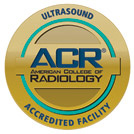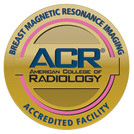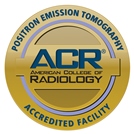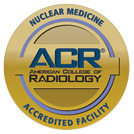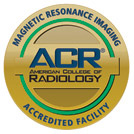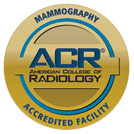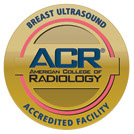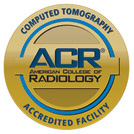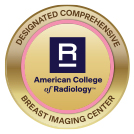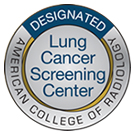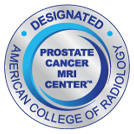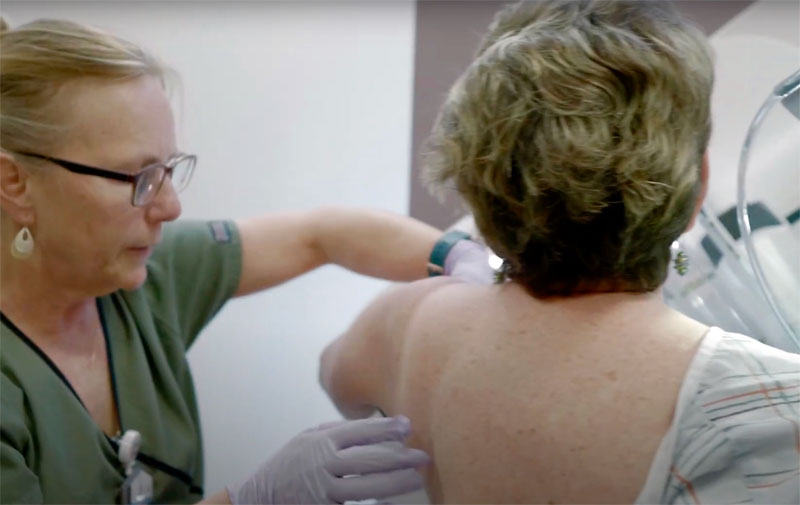
Midstate Radiology Associates, LLC is one of the first Radiology providers in the United States to offer a high-risk screening program within all Women’s Imaging locations to help patients understand their personal breast cancer risk.
High-Risk Screening Program
Prior to their appointment, all patients receive a text message or email inviting them to complete a questionnaire based on National Comprehensive Cancer Network (NCCN) guidelines. This will help determine if they are at elevated risk for cancer.
Midstate Radiology Associates, LLC is a partner of the Ambry CARE Program®, a secure HIPAA-compliant application to collect and analyze patients’ medical information and family history. The results of this assessment help us identify patients who are at increased risk for breast cancer and determine if they meet the criteria for hereditary cancer testing.
It’s important to complete this questionnaire before the in-person visit, where we will discuss the different ways cancer develops (genetic, familial & sporadic), the value of screening and early detection and other relevant information.
Angie’s CARE Story: A Life-Saving Diagnosis
When Angie Butler came to Midstate Radiology Associates, LLC for her routine mammogram, the Ambry CARE Program® led to a life-changing discovery. She received a personalized breast cancer risk assessment and qualified for a breast MRI, which detected early-stage breast cancer. Thanks to this timely diagnosis, Angie is now cancer-free and hopes her story will inspire others to pursue genetic testing.
Transforming Cancer Risk Screening with Digital Innovation
Jenna Cooke, DNP, APRN, FNP-C, CGRA provides an overview of how adopting the Ambry CARE Program® (CARE) has helped Midstate Radiology Associates, LLC improve universal cancer risk stratification and patient outcomes through the transition to digital risk screening.
Additional Testing
If necessary, patients will be offered additional genetic testing. A simple, non-invasive test can be performed in one of two ways:
- A testing kit can be mailed to the patient’s home if appropriate.
- Testing can be done at one our centers, based on the completion of an electronic questionnaire through a link that can be sent to you via email or text message.
Once we receive the sample, it takes about six weeks to analyze, then one of our nurse practitioners will review the results with the patient. For most people with a personal or family history of cancer, testing is covered by insurance.
Next Steps
Women found to be at higher risk have additional imaging and screening recommendations to help monitor their breast health. As these options can vary by person, patients should discuss their individual circumstances with their provider. Contact us to schedule a mammogram or find out more about genetic testing.
Meet the Staff
The team also includes Denice Mucke, Program Coordinator and Mikala Frank, HCRA Assistant.
Current Locations
Our High-Risk Cancer Screening Program is available at the following Midstate Radiology Associates, LLC locations:
Risk Factors that Contribute to Breast Cancer
Many factors contribute to breast cancer risk. The top two risk factors are 1) being a woman and 2) age. As we grow older, risk for breast cancer increases. Approximately 8 out of 10 breast cancers occur in women age 50 and over.
Additional factors that contribute to the overall risk of developing breast cancer include:
Personal Health History
- Starting periods at less than 12 years of age; late menopause — age 55 years or older. The more menstrual periods, the higher the risk.
- Never carrying a pregnancy to full term.
- First pregnancy at age 30 or older.
- Never breastfeeding a child.
- Oral contraceptive use or hormone therapy.
- Previous chest irradiation for another type of cancer, especially at a young age.
- Personal history of breast or another cancer
- The third most significant risk factor is having a personal history of breast cancer.
- A diagnosis of ductal or lobular carcinoma may increase risk of developing invasive breast cancer.
- Patients diagnosed with ovarian, colon or endometrial cancer may be at elevated risk for breast cancer.
- Personal history of fibrocystic changes (lumpy breasts)
- Most fibrocystic changes do not increase risk of developing breast cancer. However, fibrocystic changes containing “cellular atypia” (change in normal appearance) can increase risk. Cellular atypia can only be diagnosed by a pathologist through breast biopsy.
Family History
It’s important to consider both maternal and paternal sides of the family when determining potential risk factors.
- A first-degree relative with breast cancer at younger than 40 and/or cancer in both breasts.
- Breast cancer in two or more family members.
- A family history of ovarian, endometrial, colon and/or prostate cancer.
- Certain gene defects inherited from parents (i.e. BRCA gene mutation).
Environment/Lifestyle
Eighty percent of breast cancers are diagnosed in women with no family history of cancer. Most breast cancers develop due to environment and heredity.
- Obesity – because the body makes some of its estrogen in fatty tissue, obese women are more likely to have higher estrogen levels and may be at increased risk for breast cancer.
- Lack of physical exercise.
- Consumption of one or more alcoholic beverages daily may also increase risk of breast cancer.
- Hormone therapy – women who take estrogen plus progestin are at greater risk. Women who use estrogen for more than 10 years are at higher risk.







